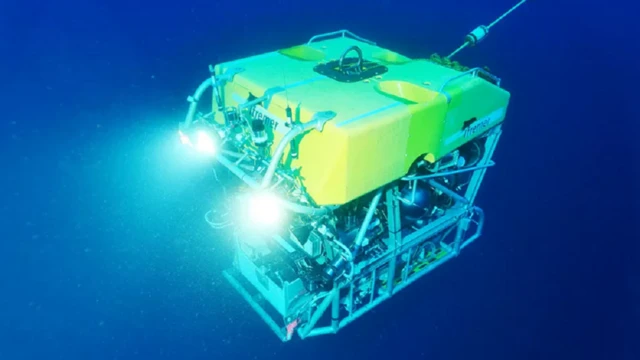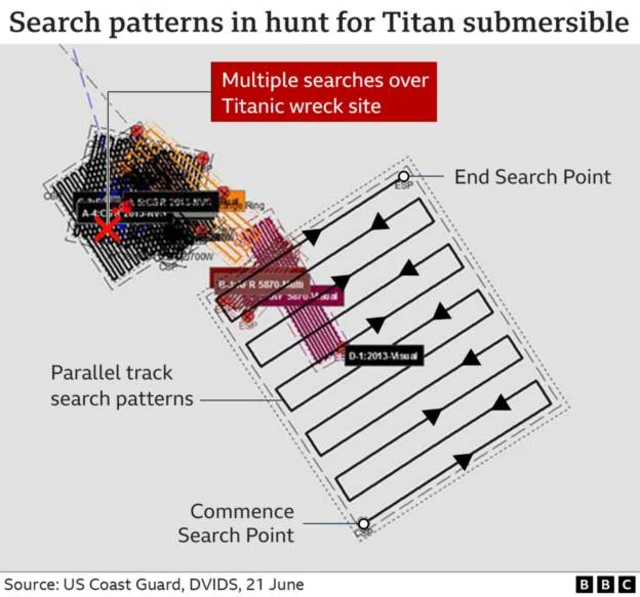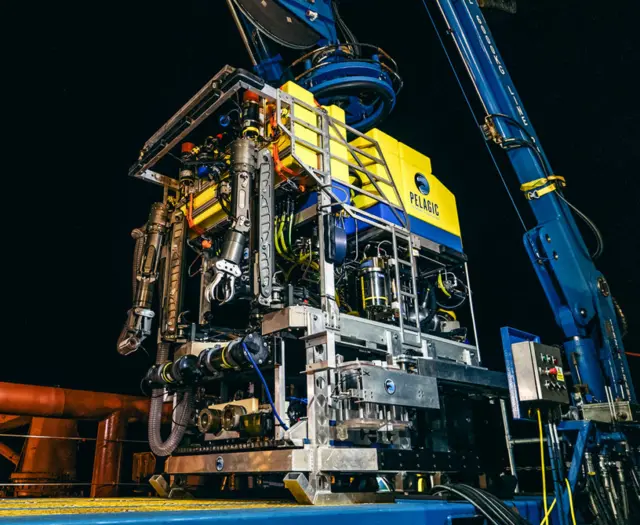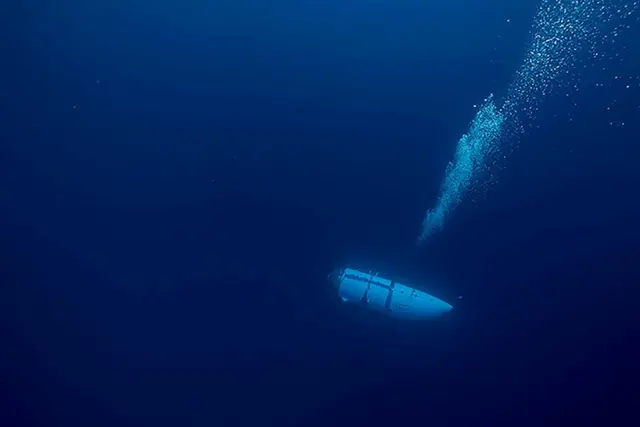How will experts find out what happened?published at 10:33 BST 23 June 2023

Remotely operated vehicles will be collecting the debris
Any investigation that follows will undoubtedly try to work out exactly what happened to the sub - but how will experts do this?
Ryan Ramsey, former submarine captain in the Royal Navy, says the authorities involved will be gathering every piece of debris they can find, before bringing them to the surface to look for the breaks in the carbon fibre structure.
"There is no black box, so you are not going to be able to track the last movements of the vessel itself," he says.
The big question investigators will be trying to answer is whether the cause was a structural failure.
Read more here.








